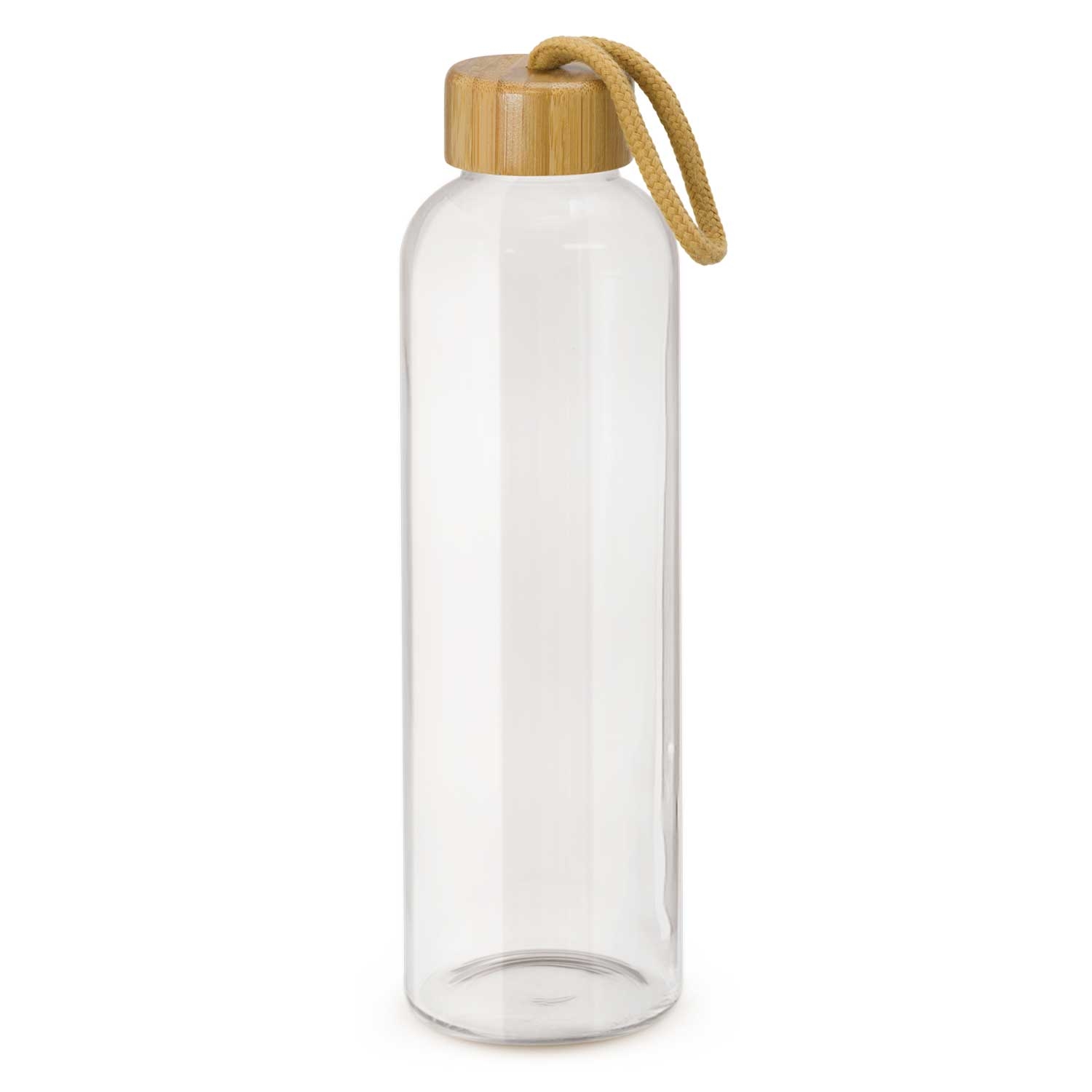In a world inundated with plastic and synthetic materials, turning to natural elements like wood, hemp, wheat, and bamboo can set your branded merchandise apart. But with so many options for natural materials, it can be tricky to know where to start. So, here’s some information that may be helpful.
Bamboo
Bamboo is a fast-growing plant, with certain species growing up to 90cm in a day. It self-regenerates from its own root system, so there is no need to replant. Bamboo produces 35% more oxygen than trees and can absorb 12 tonnes of carbon dioxide per hectare, per year. While chemicals do come into play when bamboo is used to create clothing, in most cases, bamboo is still a better option than polyester and regular cotton.
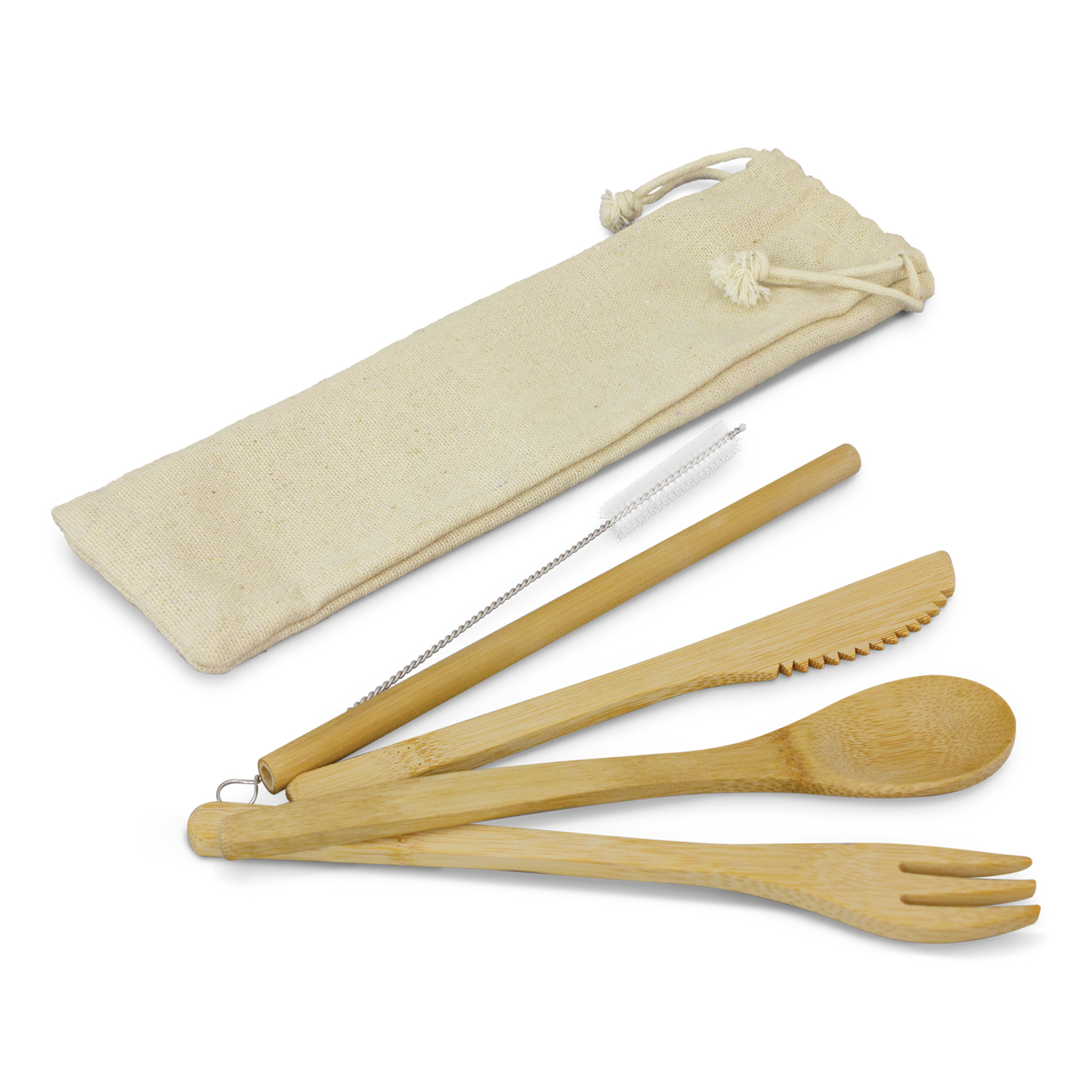
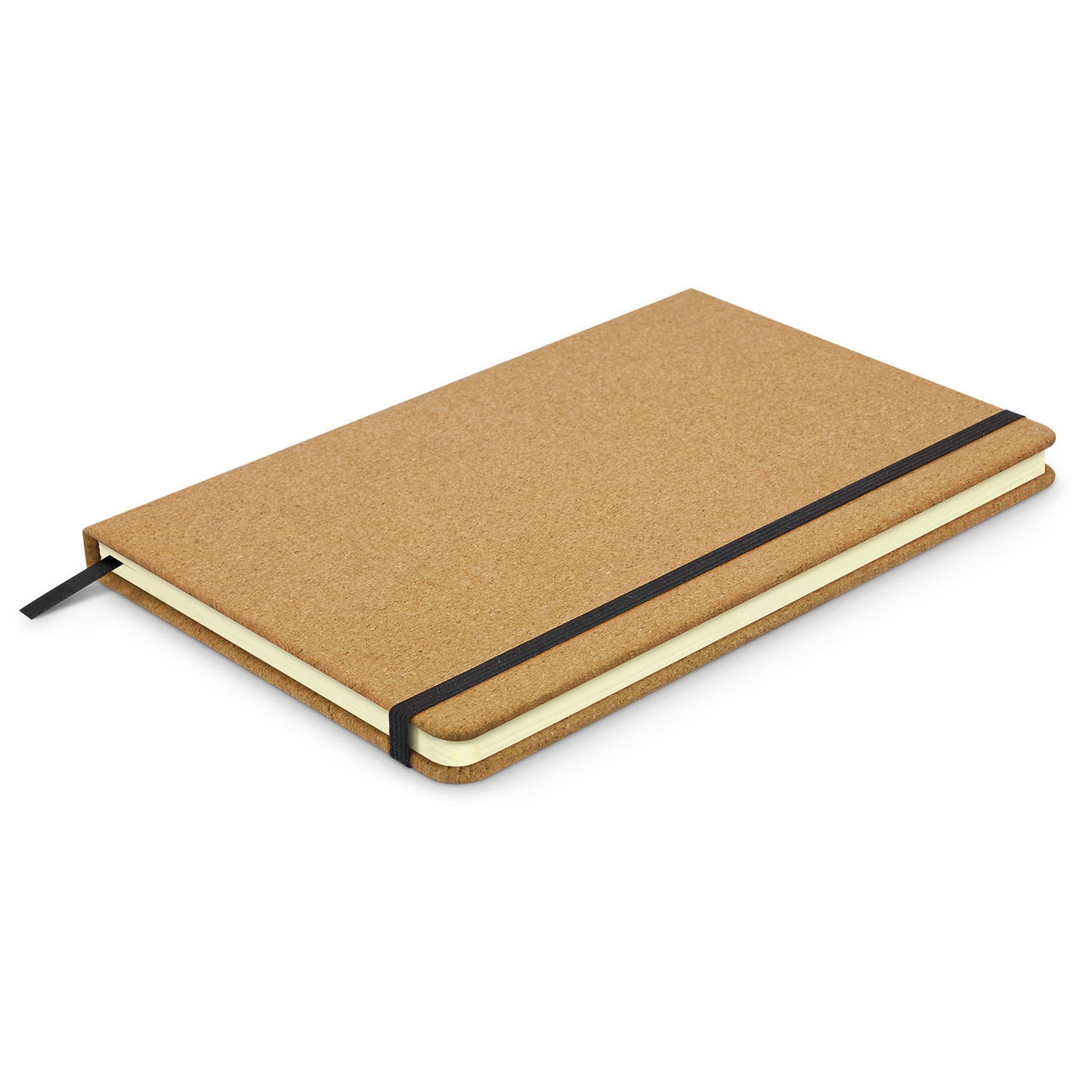
Cork
Cork is a versatile natural material made using the outer bark of the Cork Oak tree. Harvesting the bark doesn’t harm the trees and over time, the bark regenerates. Unlike most building materials, cork is biodegradable, completely breaking down without releasing nasty toxins back into the environment.
Rice Husk & Wheat Straw
Rice husk and wheat straw fibre are byproducts with little value. Using these natural materials in the production of branded merchandise helps use waste and produces a great natural look.
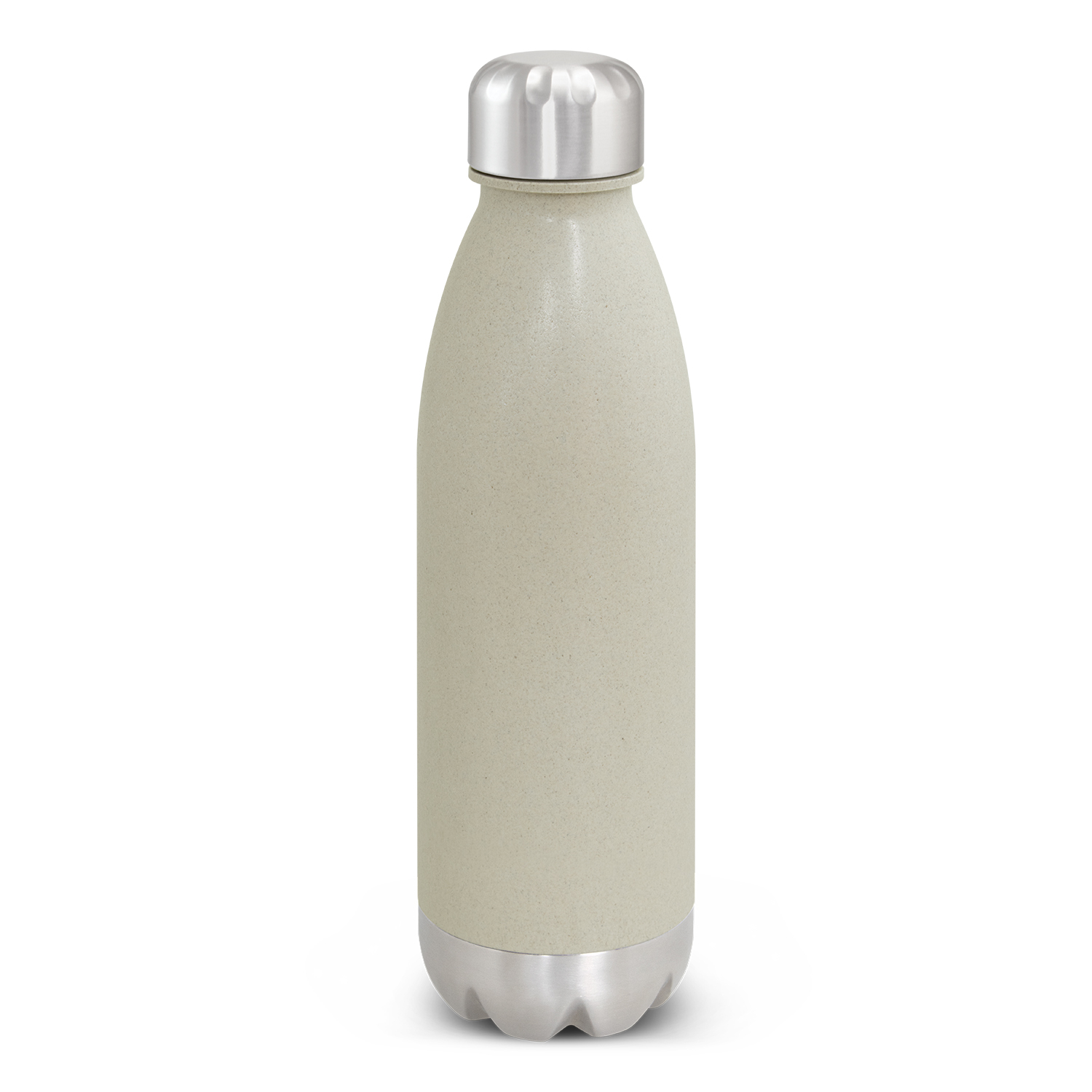
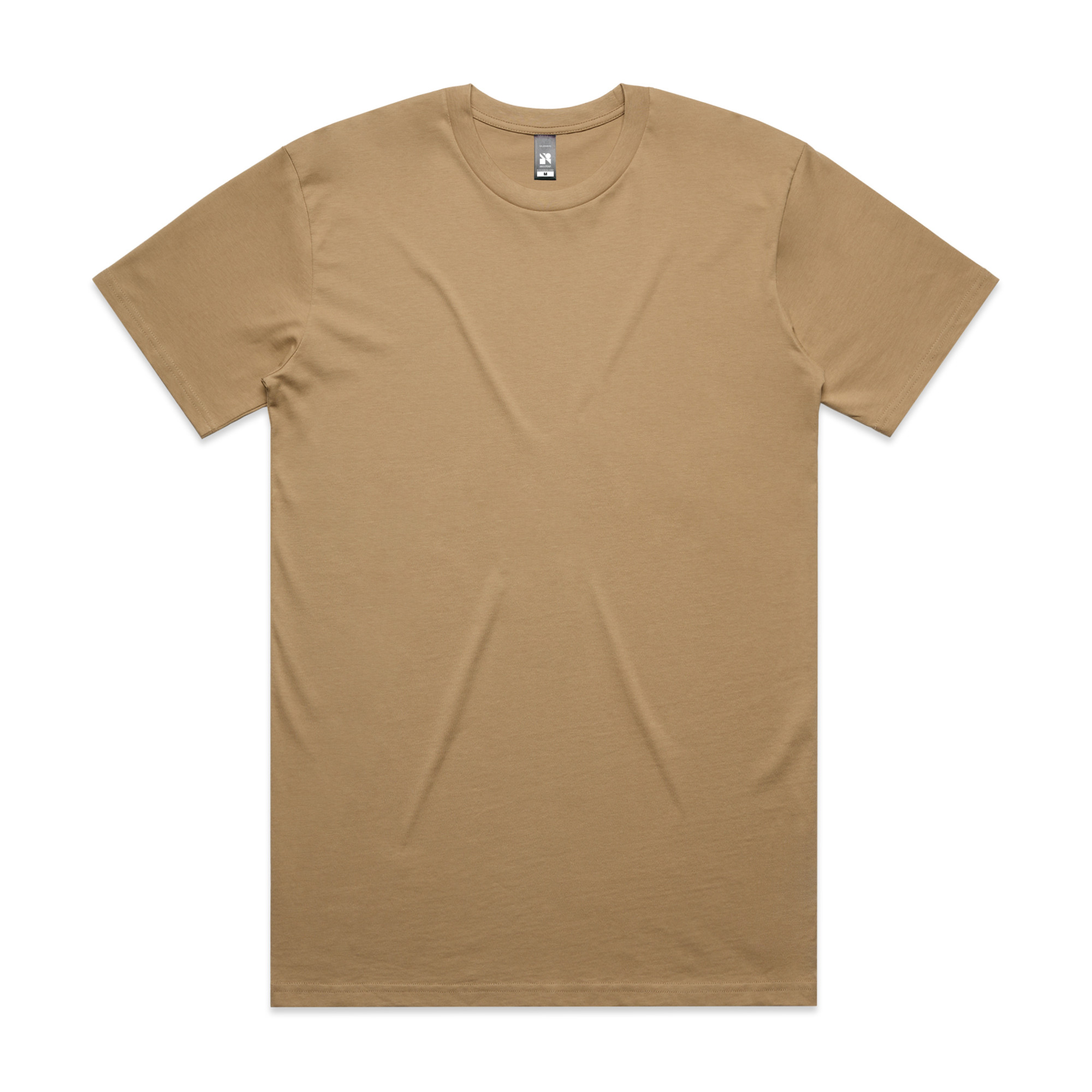
Cotton
Cotton plants produce white fluffy fibres which are harvested, spun into thread and then woven into fabric. Cotton fabric is soft, durable, washable, and is one of the most versatile textiles. The downside- production and processing of cotton uses a large amount of water but when grown using organic and sustainable farming practices, it reduces the environmental impact associated with conventional cotton.
Jute
Jute is a plant fibre that is spun into a coarse thread and woven to make a robust, heavy-duty fabric. It is commonly used for bags to store grain, but has more recently become an affordable fabric for shopping bags because of its strength. It can also be blended with cotton to produce juco, another popular material, which has a smoother surface for branding than jute.
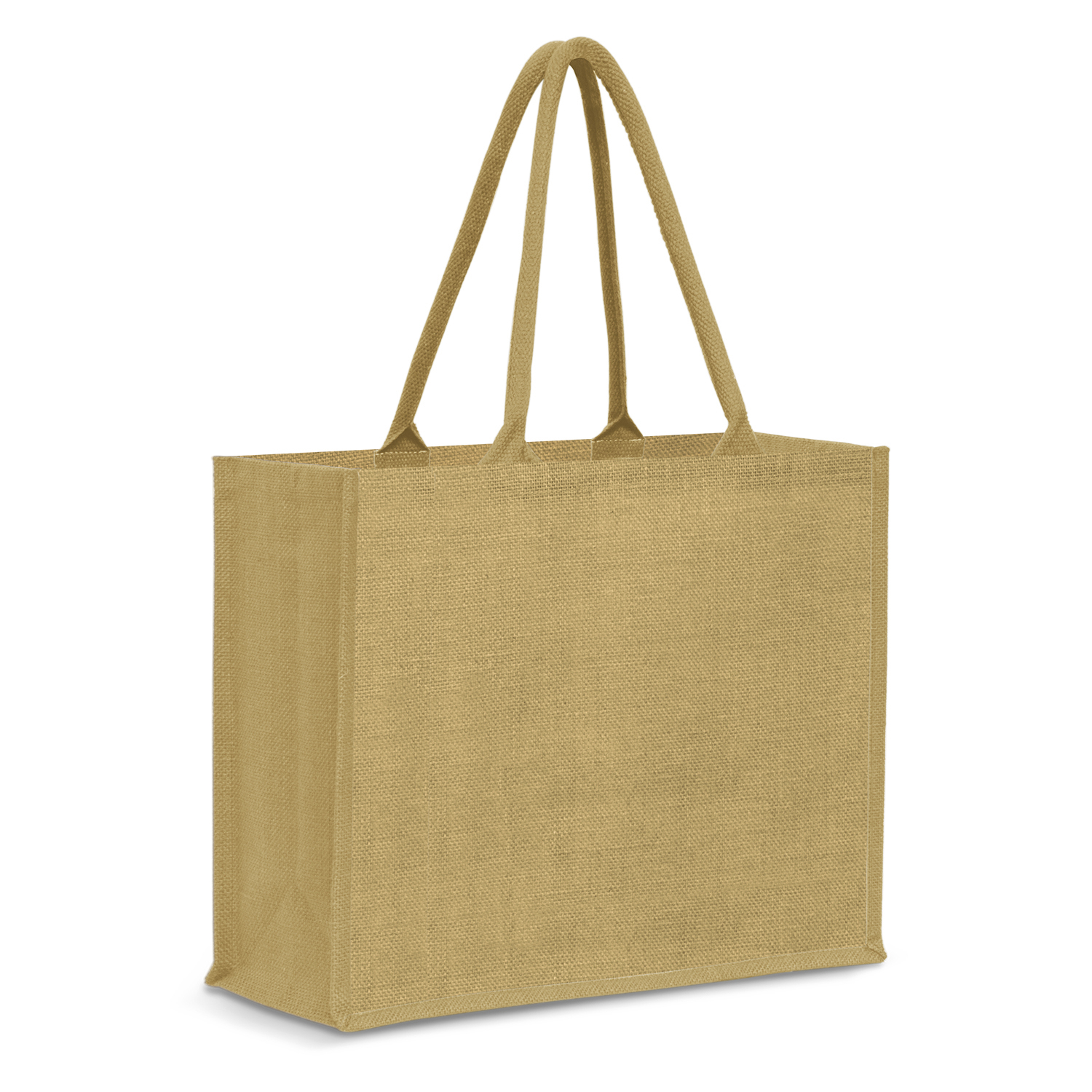
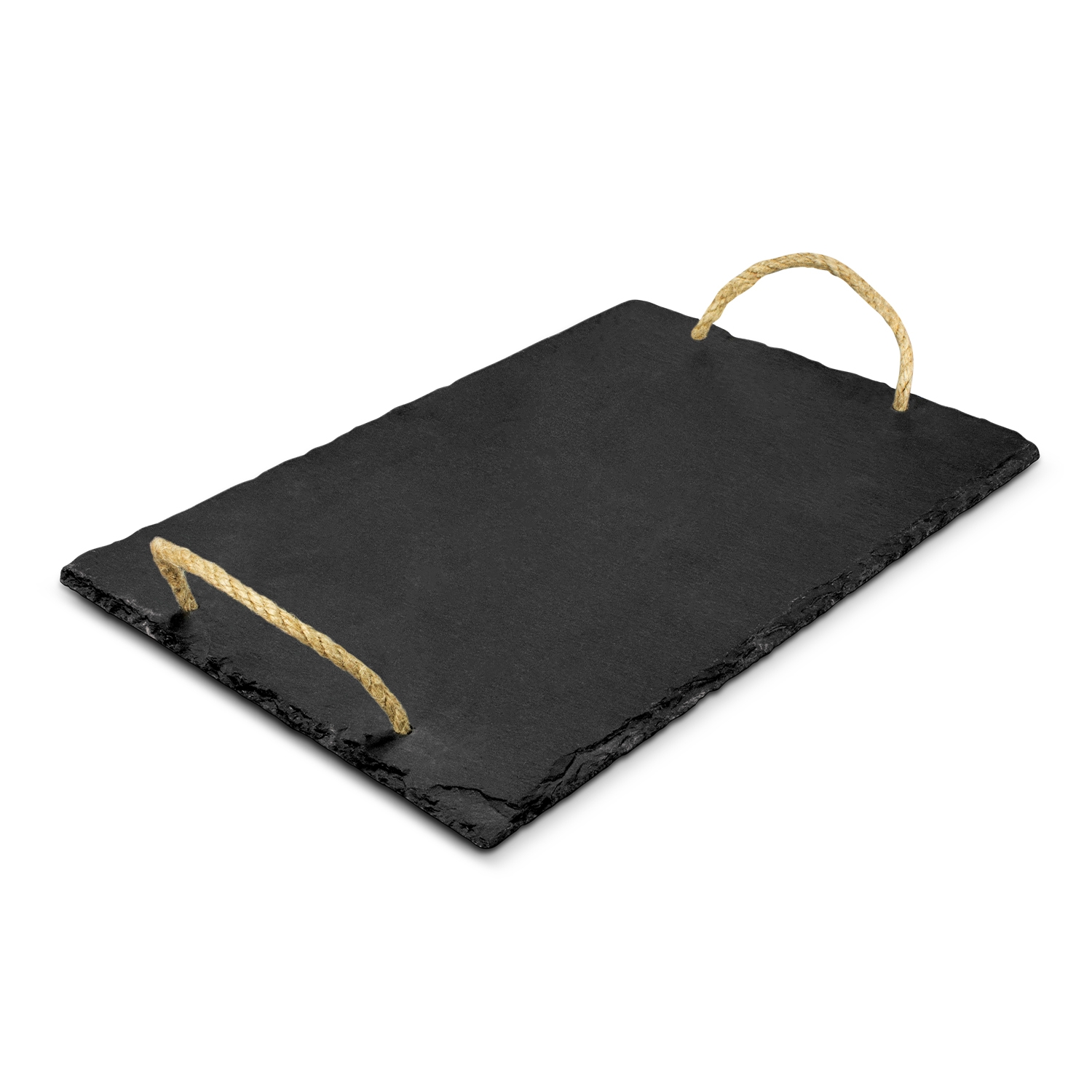
Slate
A naturally-occurring stone, slate is long lasting, easy to look after and is naturally absorbent, making it perfect for coasters and servicing boards.
Glass
Glass is primarily made from naturally occurring raw materials such as sand, soda ash and limestone. It is long-lasting and durable, and has become a popular alternative to single-use plastic bottles and cups.
